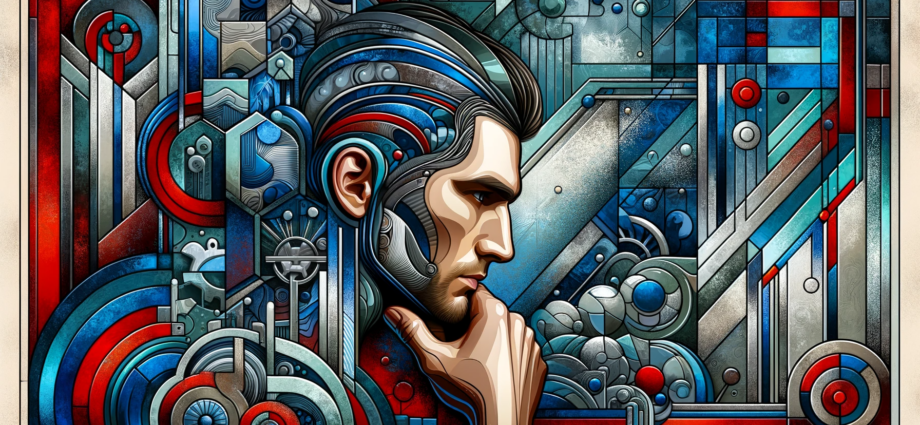It’s a common observation that men frequently struggle with communication. Yet, it’s important to acknowledge that women, too, encounter their fair share of communication issues. Despite this, men often face criticism for their communicative abilities.
Consider the prevalent stereotypes about male communication:
- “Men are talkative, primarily with themselves. They communicate most effectively with tools in hand.”
- “Often, men find it challenging to articulate their thoughts, despite early lessons from teachers and parents.”
- “With men now participating in adult relationships, managing finances and children, it’s time for them to take communication more seriously.”
- “Male emotions are straightforward: happiness, hunger, or anger.”
The Seven Myths of Male Communication:
Start a sentence with “Men are like…” and you’ve likely perpetuated a stereotype. This applies to discussions about race, religion, gender, or sexual orientation as well. Such myths are laden with the presumption that all individuals act, think, or feel identically. These myths foster barriers and prejudice, and they are simply incorrect.
Are you ready for a challenge? Evaluate how many of these myths you believe about male communication:
- Men prefer light-hearted conversations, sticking to topics like sports and tools. They don’t mind discussions about household chores as long as they’re approached with a smile and positive hashtags.
- When faced with serious topics, men tend to seek refuge, donning protective gear or retreating altogether. They prefer to engage in weighty discussions only from afar, whether it be from another room or another country, where safe distances and communication dead zones are in effect.
- Men struggle with direct expression, often resorting to leaving hints such as unopened mail or dirty dishes as a signal for others to take action. Their communication style involves piles, grunts, and cryptic symbols.
- Men have a penchant for technology, hence they convey thoughts through virtual means like iCloud or the “Innernet,” without ensuring the message is received or understood.
- Men dislike conclusions, especially in relationships, and are skilled at “ghosting”—vanishing mid-conversation or mid-relationship due to an aversion to commitment.
- Men avoid self-reflection, shunning group introspection and preferring not to delve too deeply into their own psyche. A reflection in the TV suffices, but anything more is unwelcome.
- Men are perceived to exhibit a limited range of emotions: happiness, hunger, or anger. Offer them food or drink, and they revert to a contented state; if all three are available simultaneously, it’s the epitome of happiness. Sadness is not acknowledged, only an increase in appetite.
The One Truth that Binds Us
One universal truth governs both men and women: being authentic is incredibly challenging. Many people are familiar with the struggle of suppressing emotions rather than expressing them, substituting other activities such as drinking, surfing, working, or watching TV. In truth, men are capable of engaging in serious, genuine communication.
Most men harbor a profound depth in their own distinct ways.
The Male Weather System
Men possess an inner emotional landscape that operates independently, akin to an internal Male Emotional Weather System (iMEWS). Each man has his unique approach to exploring emotional depths, which may vary according to personal needs.
- Some men may channel surf through emotional turbulence, finding solace in distractions like television shows or sports.
- Understanding and expressing emotions is a complex task that requires effort, and men may not always dedicate the necessary time to this endeavor, opting instead to disengage.
- Others approach their emotions analytically, like a meteorologist, preferring hard data and concise communication.
- Words may sometimes fall short in encapsulating their internal experiences, but they recognize that dialogue is a crucial starting point for meaningful exchanges.
- There are those who embrace the chaos, diving headlong into the storm of their feelings, yet they may struggle to encapsulate the experience succinctly.
- Despite slow communication, it’s important to understand that their internal processes are significant. Patience and acknowledgment of the awe and respect they hold for their emotional storms are appreciated, as these inner tumults are akin to abstract art.
- When attempting to convey their inner experiences, it may seem as though they are speaking a foreign language.
- They endeavor to communicate, but there’s always more to express, so they often let the natural expressions of sunsets and storms speak for themselves. Accept that they love, are committed, and are growing. Recognize them for the good men they are, understanding their hearts beyond just their actions.
Men are not inattentive, but they may become preoccupied with their personal iMEWS. This doesn’t imply a lack of concern. Paying attention and effective communication can be challenging for everyone, and it’s acknowledged that continued effort is necessary.
The most effective way to dispel myths is to engage in conversation with a man. Inquire about these stereotypes and whether they resonate with him. Then, reflect on your own beliefs. Both men and women need to engage in the discussions that are often avoided.

